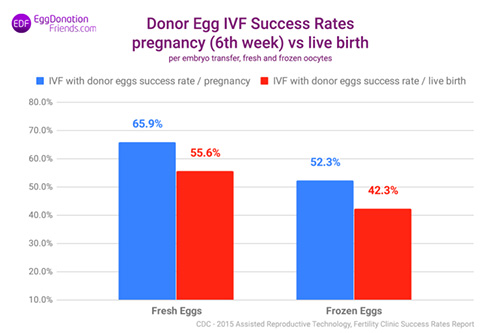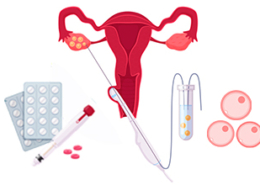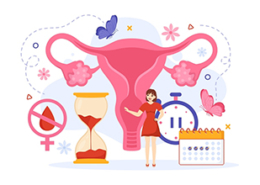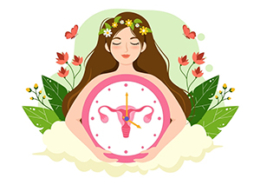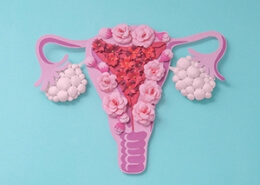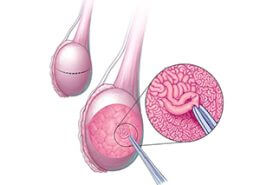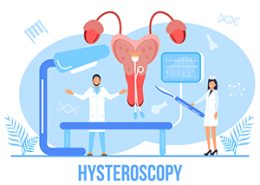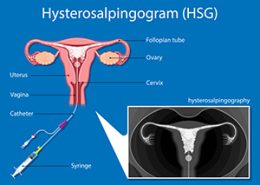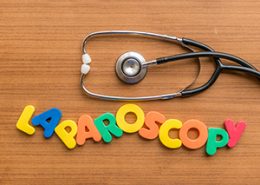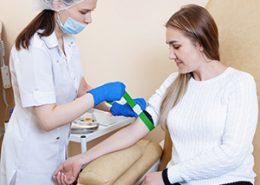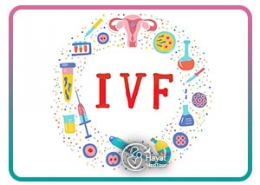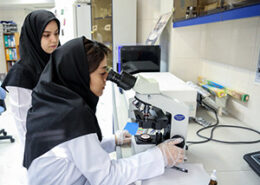The Success Rate of Egg Donation
Egg donation is one of the methods of assisted reproduction that is used in many infertility treatment centers today to help infertile couples. IVF is the most common method of infertility treatment in which a couple’s eggs and sperm are combined in the laboratory and an embryo is formed. The resulting embryo is transferred to the mother’s uterus after a few days to complete its developmental stages.
But the story of infertility treatment is a little different for some couples. Sometimes a woman cannot use her egg to have children for reasons such as old age, reduced ovarian reserve, poor egg quality, or a genetic problem. (Learn more about ways to improve your egg quality: How to Improve Egg Quality) In this case, the use of donated eggs will be a good choice for couples. So that, the donated egg is inseminated with the sperm of the recipient’s egg by IVF in vitro, and the formed embryo is transferred to the recipient’s uterus. Learn more about IVF: IVF in Iran
In egg donation, an embryo is formed that is genetically 50% owned by its parents. Although the other half is the baby’s genetic reserve, it belongs to the egg donor. But when the fetus is transferred to the uterus of the egg recipient mother, the environment of the uterus can have a great impact on it. Scientific studies also show that the environmental conditions of the uterus and the process of blood exchange between mother and embryo affect the characteristics of the fetus. In addition to the mother’s nutrition, stress or peace of mind and the mother’s positive and negative thinking affect the child’s personality. Learn more about Egg Donation: Everything about egg donation
What should women candidates for egg donation do to prepare for pregnancy?
All women who want to get pregnant should take care of their health, and this is doubly important with the use of donated eggs. Eating healthy foods, exercising regularly, and following the care measures prescribed by your doctor is the best way to care before and during pregnancy. Learn more about the best foods to eat to increase IVF success: Proper foods to eat before IVF operation
Women should be mentally and physically fully prepared before pregnancy. For this purpose, it is recommended to observe the following measures before pregnancy:
- Before pregnancy, it is best to use folic acid every day for at least 3 months in consultation with your doctor. This reduces the risk of congenital anomalies in the baby’s brain and spine.
- Smoking should be stopped before and during pregnancy. Exposure to smoke should also be avoided after pregnancy.
- If you have any physical or mental illness, you should be under the care of a doctor and you should consult a doctor to take any medication. learn more about fertility doctors: Best fertility doctors in Iran
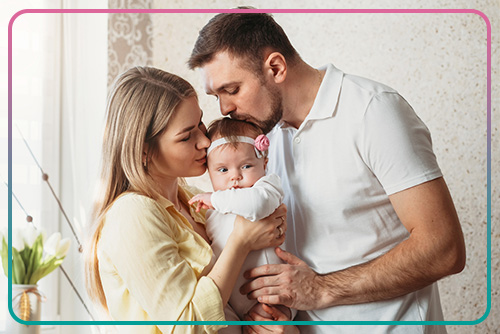
What are the chances of pregnancy with donor eggs?
Due to the fact that the egg donation process uses the eggs of young and fertile women, the chances of successful treatment using donated eggs are higher than the success of IVF alone. In addition, early screening allows healthy, high-quality eggs to be selected for donation. Therefore, the chance of successful egg donation and birth of a baby is between 50% to 60%.
The success rate of fresh donated eggs is higher or frozen donated eggs?
In recent years, with the improvement of freezing methods, it has become possible to freeze and store eggs for a long time. This scientific advancement led to the development of egg banks and thus saving power and fertility for women.
Egg freezing has also greatly contributed to the egg donation process for infertile couples, so that infertile couples who cannot use their own eggs to conceive can use frozen donated eggs.
The use of fresh donated eggs and frozen donated eggs each has their own positive and negative,and knowing which can help infertile couples choose the most appropriate method. Using a donated egg Freeze is the cheapest and fastest way to use a donated egg because there is no need to synchronize the ovulation cycle of the egg donor and the egg recipient. Therefore, frozen donated eggs are available and usable in less time than fresh donated eggs.
Various studies show that the success rate of pregnancy and birth of a baby using fresh donated eggs is higher than frozen donated eggs.
In one study, the pregnancy rate with the IVF method and the use of fresh donated eggs was about 65.9% and with the use of frozen donated eggs was about 55.6%. Meanwhile, the rate of live births of infants by IVF method and fresh donated eggs was about 52.3% and by IVF method and frozen donated eggs was about 42.3%.
Given that the average age of women planning to conceive with a donated egg is over 40, there is a risk of problems such as high blood pressure and diabetes during pregnancy. As a result, maintaining good health through healthy eating and exercise is very important at this age.
It is also important to assess blood pressure, cholesterol, and blood sugar levels before and during pregnancy. Therefore, a thorough examination by a physician before attempting to conceive with a donated egg increases the recipient’s readiness for pregnancy and increases the likelihood of successful infertility treatment using a donated egg.
The role of exercise in increasing the success rate of infertility treatment using egg donation
Exercise maintains and promotes physical and mental health and helps the body prepare for a successful pregnancy. Aerobic exercises such as walking, cycling, and swimming increase blood flow and are effective in maintaining the health of the uterus. Yoga strengthens the joints and the pelvic floor. Regular exercise along with a healthy diet also helps maintain fitness. Research shows that the risks associated with pregnancy are higher in women with high body mass index (BMI) than in other women. In addition to maintaining physical health, exercise also helps maintain mental health. Walking or exercising in the club helps maintain a person’s mood. Yoga is effective in reducing stress.
Stress management plays a very important role in a successful pregnancy. Therefore, exercise can help maintain the mood, reduce stress and maintain the fitness of women who intend to conceive using donated eggs. learn more about the most effective and helpful IVF success tips: ۱۱ Tips to Increase Your Chances of IVF Success

Egg donation in Iran
Egg Donation in Iran is a completely legal method that is used in the best infertility treatment centers. In reputable infertility treatment centers in Iran, the use of donated eggs is done completely anonymously, and the donor and the recipient of the egg will not be introduced to each other.
The responsibility of the egg donor ends on the day of the egg donation, and all the responsibilities and legal rights of the child belong to the mother who gives birth to the child. The recipient of the egg has every right to keep all details confidential in the medical center.
The selection of an egg donor in Iranian infertility treatment centers is done with great care and obsession. In addition to physical and psychological screenings and quality assessments of eggs, efforts are made to have the most physical and social similarities between the donor and the recipient.
Because the success rate of fresh donated eggs is higher than frozen donated eggs, fresh eggs are used for donation in most infertility treatment centers in Iran.
The success rate of infertility treatment using donated eggs in advanced infertility treatment centers in Iran, such as the best centers in the world, is between 50% and 60%.
The cost of egg donation in Iran
Egg donation cost in Iran is about $ 4,000 – $ 5,500, which includes the cost of eggs, the cost of routine tests, the cost of medicine, laboratory, and embryo transfer to the mother’s uterus. In addition, the egg recipient can freeze and store extra embryos formed during the IVF with donor eggs process for later pregnancy. learn more about the cost of IVF treatment: The cost of IVF in Iran

